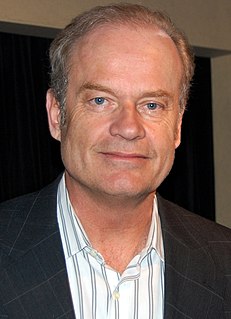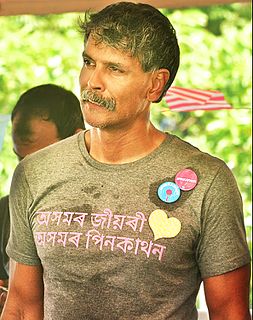A Quote by Carol S. Dweck
With a fixed mindset, you're so worried about how smart or talented you are, you don't take on challenges. You don't try new things.
Related Quotes
Unfortunately, they develop a fixed mindset that they're the most talented, and they think that continued success is a right. Problems arise because pure talent only works as long as the going is easy. Furthermore, they don't take risks because failure would harm their image of being the best, brightest, and most talented. When they do fail, they deny it or attribute it to anything but their shortcomings.






























